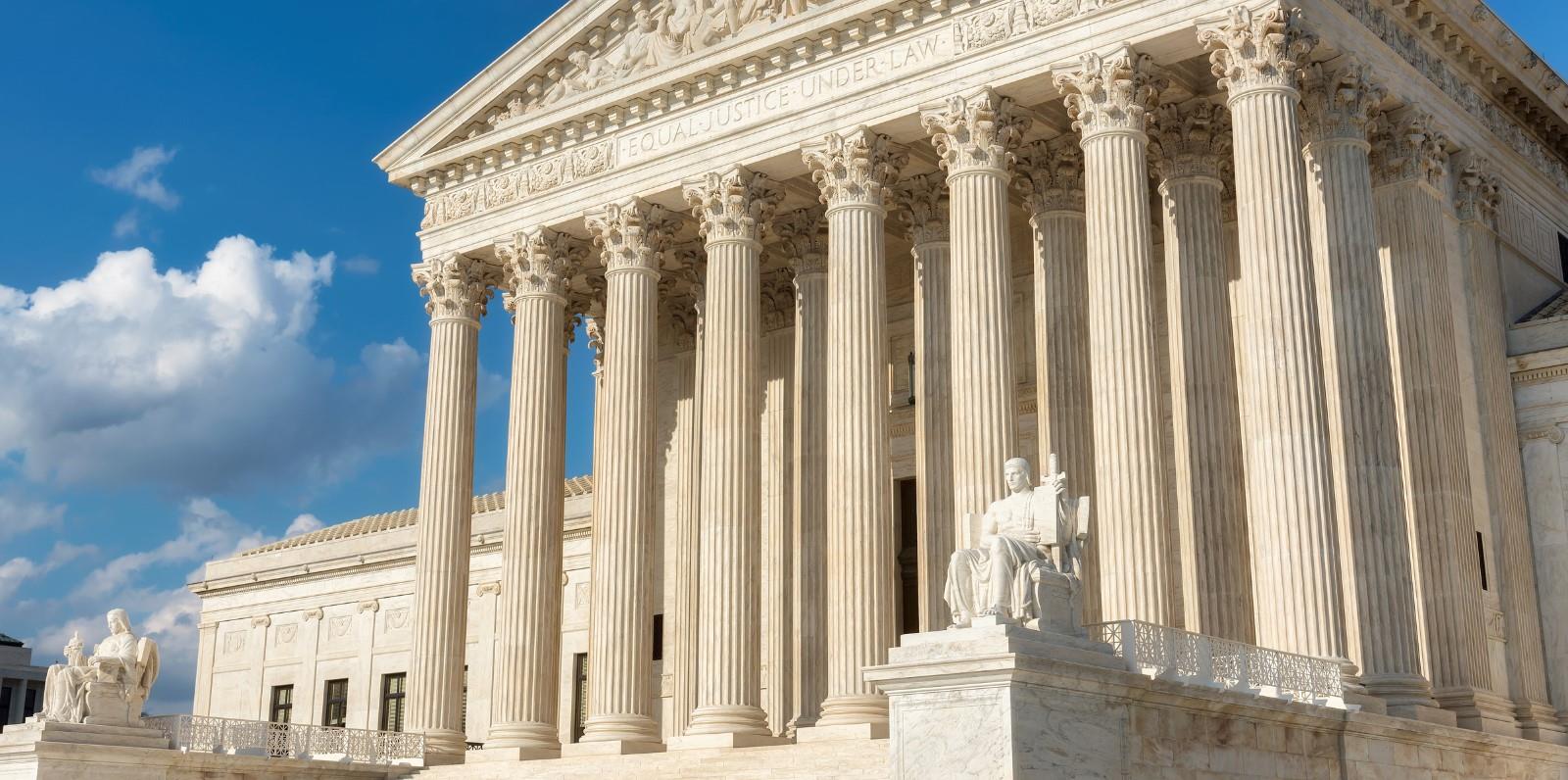|
|
 |
Each week, we bring you a collection of the most viewed stories from The Daily Brew, condensed. If you like this newsletter, consider signing up for The Daily Brew to wake up and learn something new each day.
Here are the top stories from the week of April 8 - April 12. |
|
|
|
|
|
|
|
BALLOTPEDIA |
|
|
|
|
|
|
U.S. Supreme Court issues guidance for when government officials can block users on social media
|
|
|
|
|
|
|
On March 15, the U.S. Supreme Court (SCOTUS) issued an opinion in two cases related to the question of whether officeholders are acting as private citizens or government officials when they use social media to post about their official government duties. The court issued one ruling for both cases, offering a two-part test for evaluating the public or private status of a public official’s social media account:
“We hold that such speech is attributable to the State only if the official (1) possessed actual authority to speak on the State’s behalf, and (2) purported to exercise that authority when he spoke on social media.”
In circumstances that satisfy both conditions, a government official could be sued for blocking or deleting comments on a social media account. |
|
|
|
|
|
|
|
|
|
|
Update on abortion on the ballot—11 states with potential measures
|
|
|
|
|
|
|
In November, voters in three states—Florida, Maryland, and New York—will decide on abortion-related ballot measures. At least 14 other potential measures could appear on the ballot in 11 other states:
-
Initiative campaigns have started in Arizona, Arkansas, Colorado, Missouri, Montana, Nebraska, Nevada, and South Dakota to place constitutional amendments on the ballot that would either establish a right to abortion or prohibit laws that restrict abortion access. Colorado voters may also decide on an initiative that would prohibit the state or local governments from denying the right to an abortion.
-
Campaigns in Colorado and Nebraska are working to place state statutes on the ballot that would prohibit abortion. Nebraska voters may also decide on a constitutional amendment that would prohibit abortions after the first trimester.
-
The Maine Legislature may refer a constitutional amendment to the ballot that would establish a state constitutional right to personal reproductive autonomy. Maine has a Democratic trifecta.
-
The state legislatures of Iowa and Pennsylvania may refer constitutional amendments to the ballot that would say that the states’ constitutions do not provide abortion rights. Iowa has a Republican trifecta while Pennsylvania has a divided government.
|
|
|
|
|
|
|
|
|
|
|
Fewer election-related bills approved this year than in 2023, more than in 2022
|
|
|
|
|
|
|
States have enacted fewer pieces of election-related legislation this year than in 2023 but more than in 2022. One hundred-five bills have been approved as of April 4, compared to 139 in 2023 and 78 in 2022.
Twenty-five of the election-related bills passed this year are in states with Democratic trifectas, more than the 17 in 2023 and the 23 in 2022. States with Republican trifectas have enacted 68 bills this year, fewer than the 96 in 2023 but more than the 32 in 2022. In states with divided governments, fewer bills have been enacted this year (12) than in 2023 (26) and 2022 (23). |
|
|
|
|
|
|
|
|
|
|
A closer look at Maryland's Democratic Senate primary
|
|
|
|
|
|
|
In this morning’s Daily Brew, we looked at the May 14 Democratic U.S. Senate primary in Maryland. Two candidates lead in media attention, endorsements, polls, and fundraising: Angela Alsobrooks (D) and David Trone (D). Alsobrooks is Prince George’s county executive and previously served as the county’s state’s attorney. Trone represents Maryland's 6th Congressional District and is the founder of the alcohol retailer Total Wine & More.
Incumbent Ben Cardin (D), who was first elected in 2006, is not running for re-election. |
|
|
|
|
|
|
|
|
|
|
|
Access to Ballotpedia is free 365 days per year... but Ballotpedia is not free to operate. Every dollar given to Ballotpedia helps ensure we continue to expand our coverage of all elections in the United States. Provide your support today and give the gift of unbiased political and policy information to all Ballotpedia readers. |
|
|
|
|
|